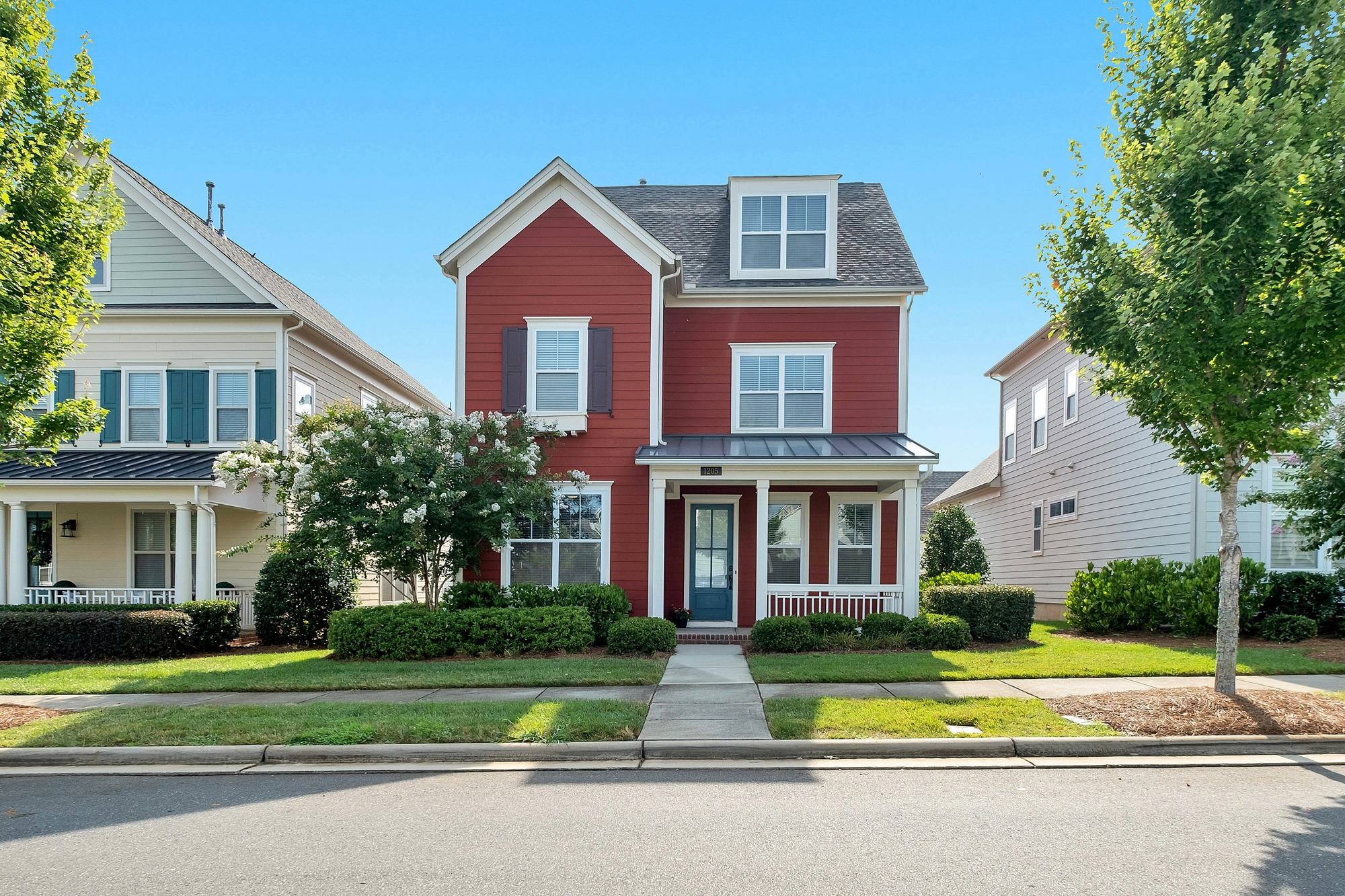Is the housing crisis a prosperous?

The housing market has become a nightmare. Prices soared. Rent is swallowing salary. House ownership doesn’t feel like a milestone that can be achieved, but more like a dream, especially for millennials and Z. Naturally, people are looking for people to blame. And, this responsibility is often directed at the baby boomers.
argument? Baby boomers, who buy homes when they are cheap, benefit from decades of appreciation of property, are now hoarding homes, raising prices and voting against it to make housing easier to get.
But is this the whole story? Or is it just the latest example of how many generations point to it in a system where everyone fails, just inequality? We are breaking down what actually fuels the crisis and whether older generations really deserve the calories they get.
Cases against baby boomers
It’s easy to look at the numbers and feel dissatisfied. Many baby boomers bought homes in the 1970s and 1980s, when the median home price was the home today. Income is not necessarily higher, but house prices are higher relative to wages. This is no longer the case.
Today, housing costs in many cities are completely out of touch with the income of ordinary people. Young buyers are told to “save only more,” as if avocado toast is what drives them out of the market, rather than stagnant wages and housing shortages.
Many baby boomers also benefit from policies that protect their financial situation, such as low property taxes, favorable mortgage rates locked in decades ago, and boycotts of zoning reforms that will allow for more housing. It’s not hard to see why younger generations are turned away, especially when older voters often object to new developments that may relieve stress.
What has the Tide Generation inherited, they have not
Still, it’s worth a step back. Baby boomers have not created every aspect of the crisis. They inherited the post-war economy, which made millions of white middle-class families possible, but the same system also ruled out other institutions, especially people of color. Long before the baby boomers entered the market, re-line, restrictive covenants and discriminatory lending practices laid the foundation for inequality.
In other words, many baby boomers benefit from systems that have been tilted. They don’t have a system built, but they will definitely reap rewards. For many of them, these rewards are just the product of timing, not malicious intentions.
On the other hand, not all baby boomers sit on paid homes and vacation properties. Many people struggle with debt, get stuck due to necessity or retirement rent, as they are also priced on the market. Generation-borne games can only tell part of the story.

The real villain: policy
If there is one constant in decades of housing problems, it is policy failure. Local governments have restricted housing development through zoning laws that limit density. Wealthier neighborhoods often block affordable housing advice to “maintain character.” Nimbyism (not in my backyard) is rampant, and older homeowners are indeed the biggest supporters.
But this question has not been passed down from generation to generation. This is structural. Lack of housing supply, especially affordable units, is a policy option. Rent control debate, tax incentives from developers, slow licensing procedures and political opposition all played a role. Yes, Boomers voted a lot and often supported candidates against housing reform. But nailing all of this to them ignores the real complexity and deep-rootedness of this crisis.
There are also wider economic forces at work – global investors buy real estate, technology booms, causing local markets to expand without wages keeping pace with the cost of living. This is not something a generation can fix or destroy on their own.
Generational frustration is effective, but misplaced
Can feel frustrated. Feel it easier for your parents or their peers. Because in many ways, they did it. However, frustration is directed to systems and structures that make some people feel at ease, but not accessible to others.
What we need is not more blame. This is more united. Learn more about how policies fail in different ways for multiple generations. Even if you benefit, you are more willing to challenge the status quo. Yes, more baby boomers are advocating for change to make their kids and grandchildren better, even if that means building more duplex in their quiet Cul-De-Sacs.
So… do they want to blame?
Some of the baby boomers definitely help create or sustain the conditions that lead to today’s crisis. Everyone else is in trouble like everyone else. Generational responsibilities make headlines simple, but rarely lead to real solutions.
The housing crisis has nothing to do with temporary workers and millennials. It’s about affordability, equity and access. Until we turn the conversation from blame to change, the crisis will make everyone worse.
Do you think the older generation has a responsibility to resolve the housing chaos that they benefit from? Or do you blame the game for missing the point?
Read more:
Is it cheap to renovate or buy a new home?
Baby Boomers are better than most people can teach you money habits





